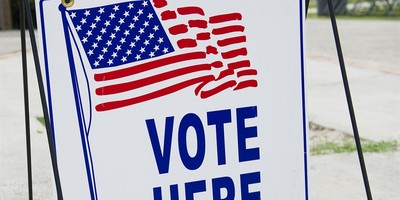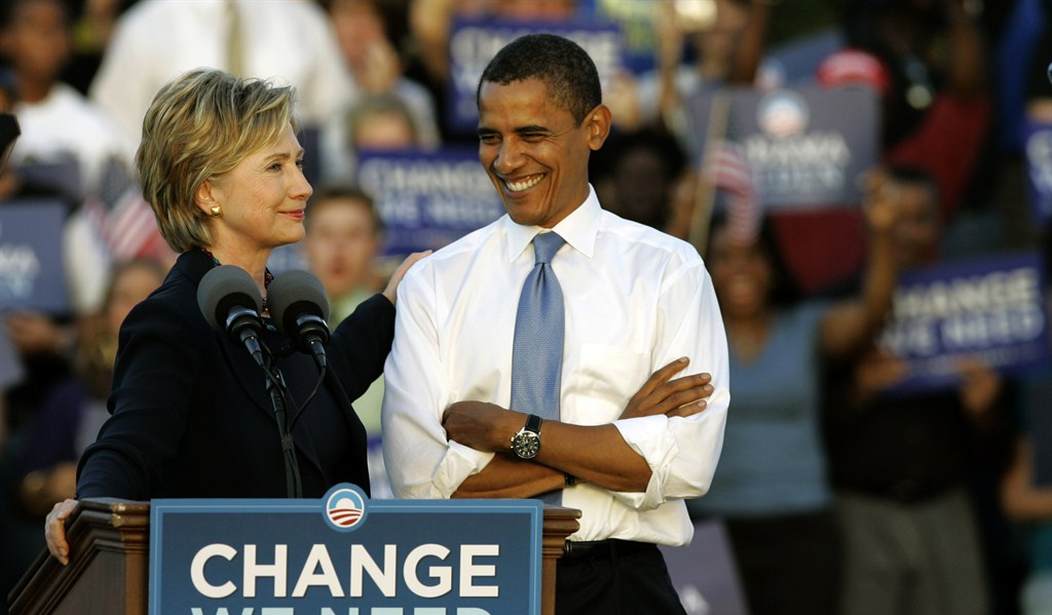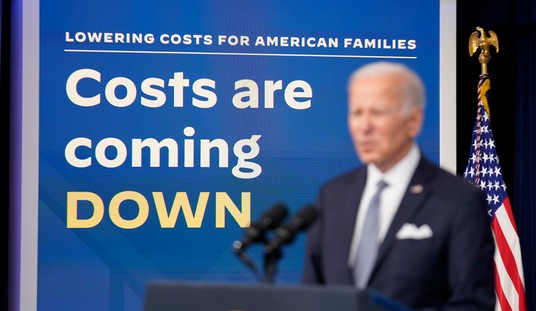There's an emerging conventional wisdom that the 2016 presidential race, once predicted to be mostly about economic issues, will instead be dominated by foreign policy.
"This is going to be a foreign policy election," National Journal's Ron Fournier said recently.
"A foreign policy election (more or less) is upon us," declared "Meet the Press" host Chuck Todd.
"We are likely to have a foreign policy election in 2016," said the Weekly Standard's William Kristol.
The argument is that the rise of the Islamic State of Iraq and Syria, an ongoing crisis in Syria, the Iranian nuclear negotiations, Russian aggression and other international issues have elevated foreign policy and national security to a higher position in the presidential debate than seemed likely, say, a year ago. At the same time, with the unemployment rate down to 5.5 percent and job creation improving, economic concerns that dominated the 2008 and 2012 presidential races won't be as critical in 2016.
At least, that's the idea. And maybe it will happen. (I've written about it myself.) But some newly released figures from the Labor Department are a reminder that economic anxieties underlie everything else -- and the economy will likely remain the biggest factor in the next presidential race.
On April 2, the department reported that the average American household's pre-tax income went down from mid-2013 to mid-2014. That was on top of a similar decrease the previous year. Amid all the happy talk about the nation's economic recovery and a falling unemployment rate, Americans are earning less and less.
The Labor Department divided earners into five levels, and income went down for four of the five.
Recommended
In the lowest fifth, pre-tax income went from $10,174 to $9,818 -- a 3.5 percent decrease.
In the next-lowest fifth, income went $27,094 to $26,369 -- a 2.7 percent decrease.
In the middle fifth, income went from $47,017 to $45,724 -- a 2.8 percent decrease.
In the second-highest fifth, income went from $75,990 to $74,410 -- a 2.1 percent decrease.
Only in the highest fifth did income increase, from $164,647 to $166,048 -- a 0.9 percent rise.
In other words, the top 20 percent did just a little better, while the bottom 80 percent did significantly worse.
Some experts warn that other government surveys due out later this year might show a somewhat better income situation than the Labor Department's. But it won't be good. And the fact remains that the economic recovery is not much of a recovery for millions of Americans.
On top of that, the damage done by the economic meltdown remains unrepaired. Last year, the Russell Sage Foundation found that for households right in the middle of the American wealth distribution, net worth declined from nearly $88,000 in 2003 to about $56,000 in 2013.
There are plenty of other measures showing that, despite an improving employment situation -- and even that is not as good as the 5.5 percent unemployment figure would suggest -- Americans are still in a tough place economically.
Given that, how can 2016 be a foreign policy election? Barring some Sept. 11-level catastrophe, how can foreign policy dominate a campaign when the incomes of 80 percent of Americans are going down, even during a so-called economic recovery?
Of course candidates will have to craft strong and consistent national security policy platforms. But there haven't been that many true foreign policy elections in recent decades -- 1980 and 2004 are the only real examples.
And if the foreign policy election of the pundits' vision does not materialize, the winner in 2016 will be the candidate who best addresses the concerns of Americans who are still seeing their standard of living go down.
It's hard to envision Democrats coming up with proposals that go beyond their reflexive advocacy of fixes like increasing the minimum wage, increasing transfer payments and taxing the rich. Perhaps the bigger question will be whether Republicans can come up with proposals that go beyond their reflexive advocacy of cutting marginal tax rates.
There are a number of conservative thinkers who are working hard on just such plans, and potential candidates are interested. But right now, with campaigns still in the organizing phase, it's too early to know who will embrace what proposal.
They'll have to come up with something good. Yes, a strong foreign policy vision will be important. But as critical as world events are today, Americans will likely be more concerned about other things when they go to the polls in November 2016.
























Join the conversation as a VIP Member